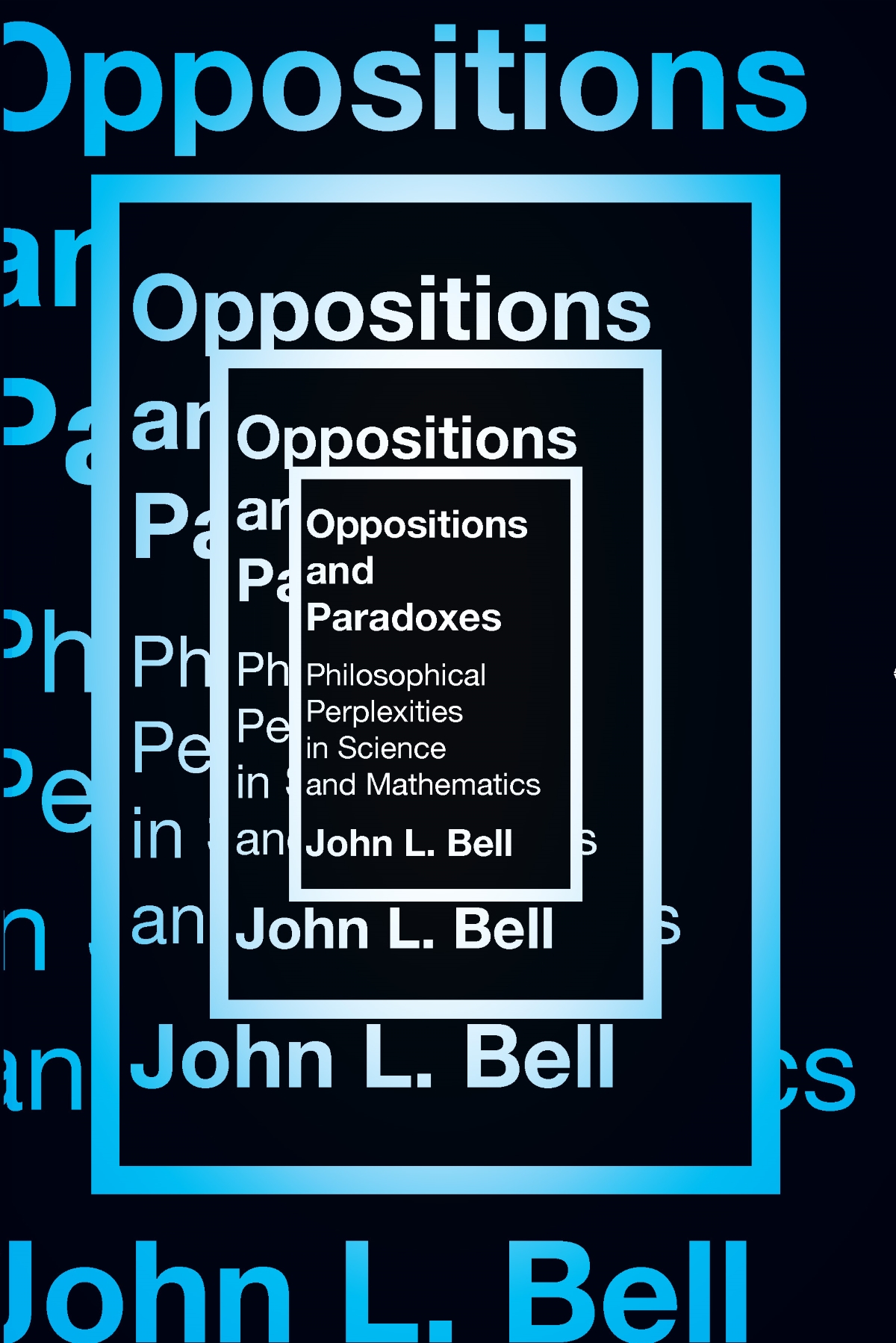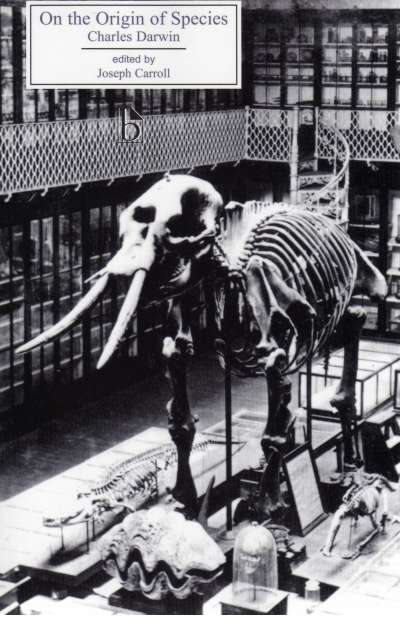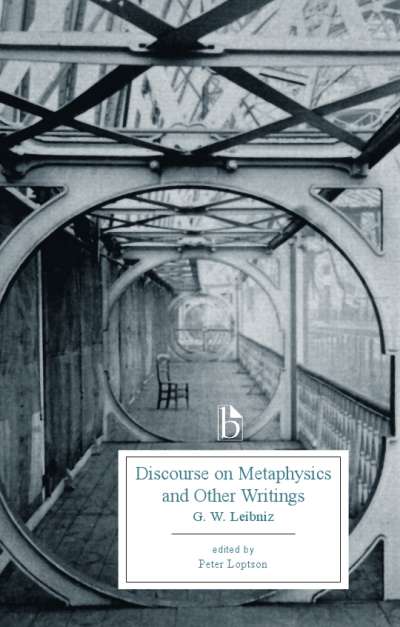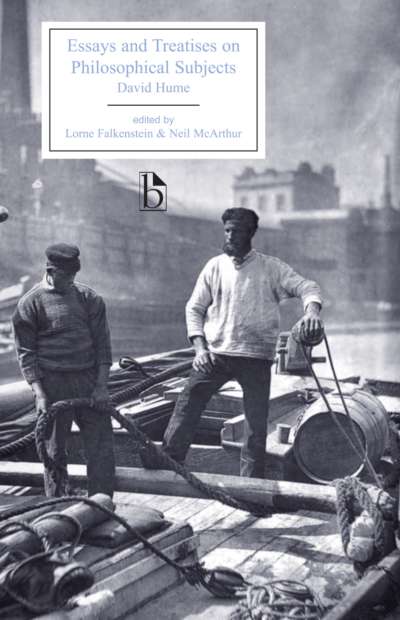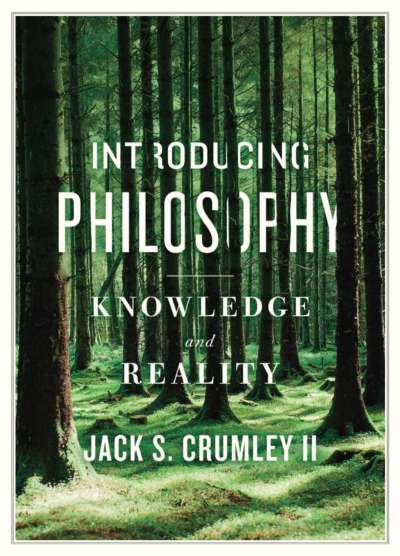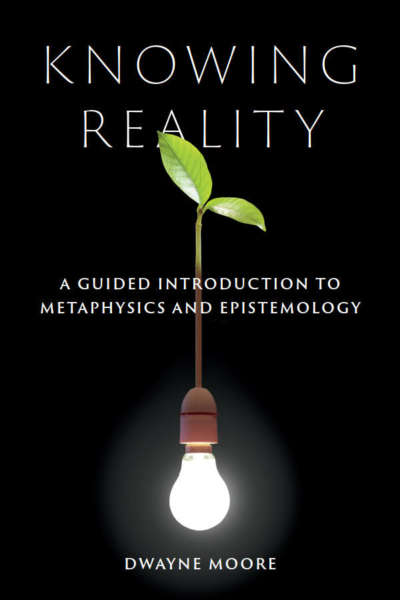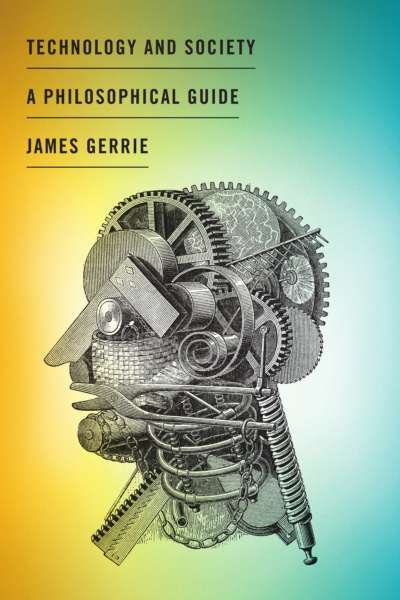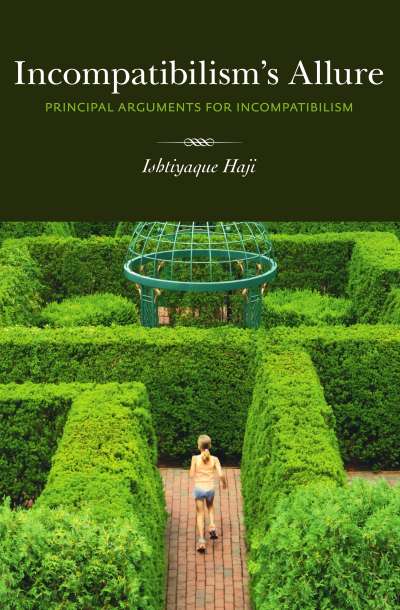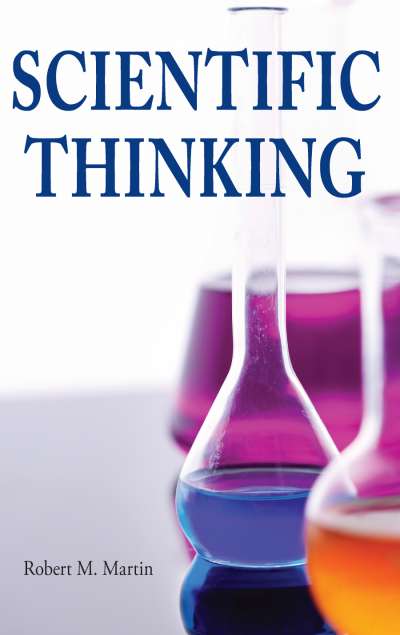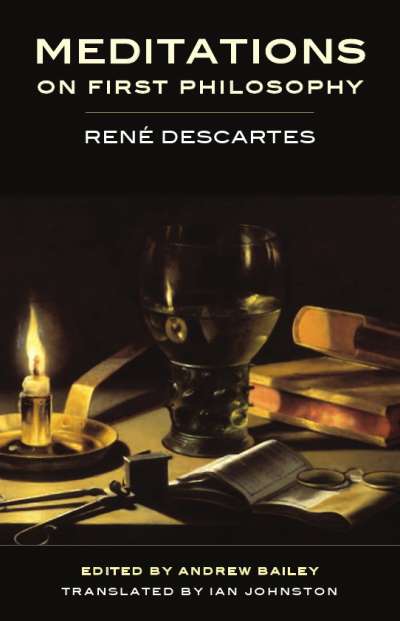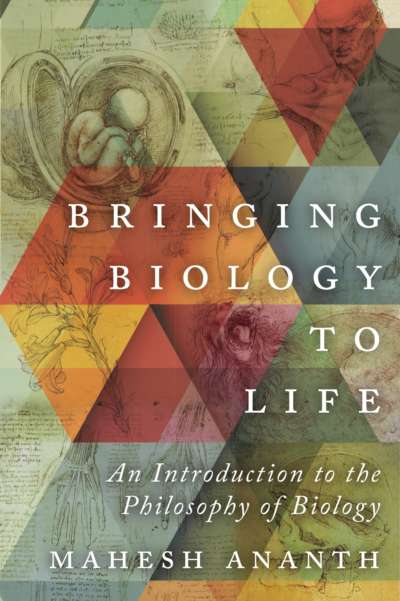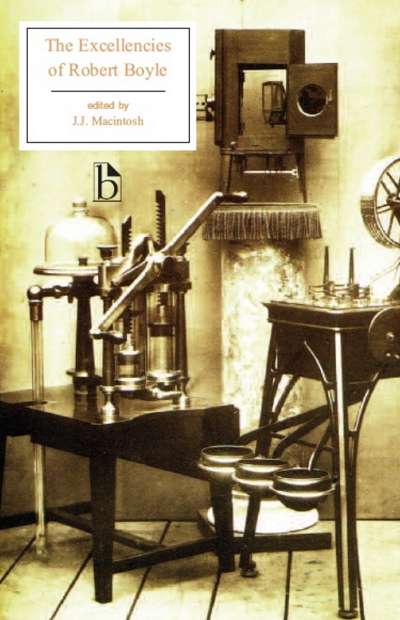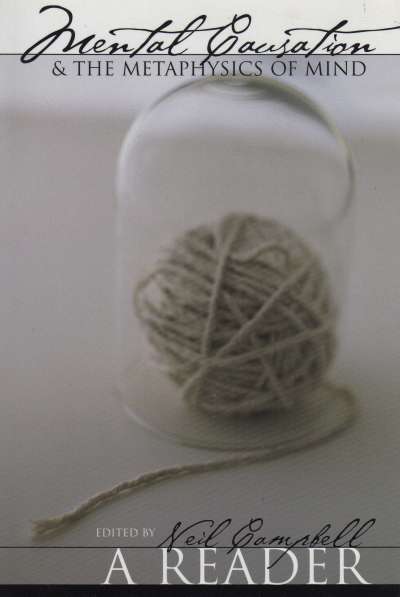Since antiquity, opposed concepts such as the One and the Many, the Finite and the Infinite, and the Absolute and the Relative, have been a driving force in philosophical, scientific, and mathematical thought. Yet they have also given rise to perplexing problems and conceptual paradoxes which continue to haunt scientists and philosophers. In Oppositions and Paradoxes, John L. Bell explains and investigates the paradoxes and puzzles that arise out of conceptual oppositions in physics and mathematics. In the process, Bell not only motivates abstract conceptual thinking about the paradoxes at issue, but he also offers a compelling introduction to central ideas in such otherwise-difficult topics as non-Euclidean geometry, relativity, and quantum physics.
These paradoxes are often as fun as they are flabbergasting. Consider, for example, the famous Tristram Shandy paradox: an immortal man composing an autobiography so slowly as to require a year of writing to describe each day of his life — he would, if he had infinite time, presumably never complete the work, although no individual part of it would remain unwritten. Or think of an office mailbox labelled “mail for those with no mailbox”—if this is a person’s mailbox, how can they possibly have “no mailbox”? These and many other paradoxes straddle the boundary between physics and metaphysics, and demonstrate the hidden difficulty in many of our most basic concepts.
For an excerpt from Oppositions and Paradoxes, please see our blog post: The Paradox of the Heap, from John L. Bell’s Oppositions and Paradoxes.
Comments
“Who else but John Bell could write a book like this one? One of the leading logicians of our day, Bell uses the role of conceptual oppositions and the paradoxes to which they occasionally give rise to take readers on a whirlwind tour through great swaths of the history of human thought. The sophisticated discussion of deep and difficult topics is highly digestible thanks to Bell wearing his expertise lightly and presenting things with dollops of his clever—and sometimes silly—humour.” — David DeVidi, University of Waterloo
“Bell is a master of simplicity and clarity, while sacrificing nothing of accuracy and erudition. His enthusiasm for his subject is palpable and infectious. Oppositions and Paradoxes is a pleasure to read.” — Graham Priest, CUNY Graduate Center
“John L. Bell is the true philosophical heir of Bertrand Russell, and his new book, Oppositions and Paradoxes, exemplifies all the best traits in Russell’s legacy. His presentation of philosophical paradoxes and perplexities in logic, mathematics, and physics is a model of lucidity and economy, and his analysis of these problems is secure and sane. Oppositions and Paradoxes is readily accessible and a sure path into some of philosophy’s greatest themes.” — Bradley Bassler, University of Georgia

